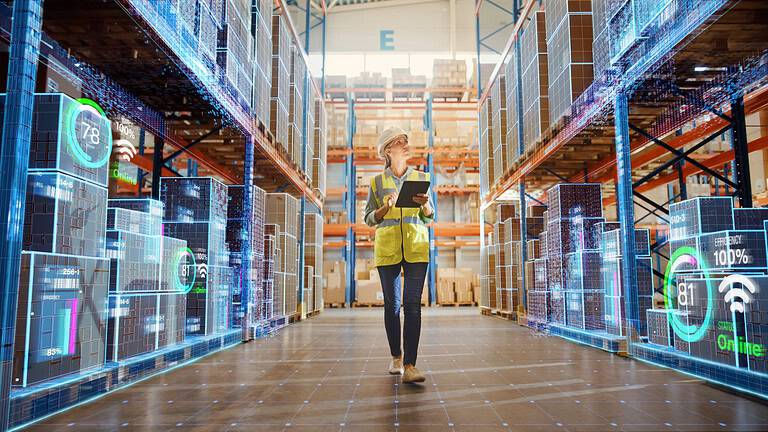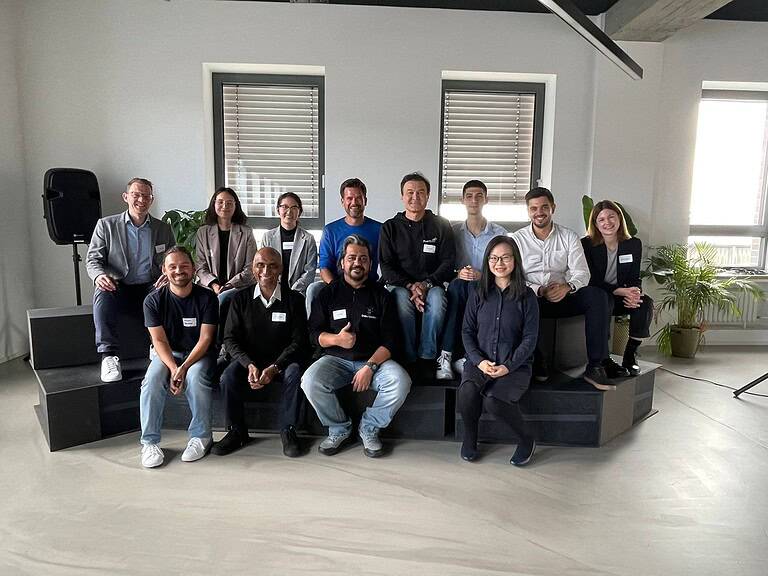Dortmund as a Hub for Robotics & Automation Research Dortmund is a hotspot for robotics and automation research, where universities, institutes, and companies collaborate on cutting-edge technologies. The innovation ecosystem in Dortmund connects top-tier research with practical applications, driving innovation in industrial, rescue, and service robotics.
- Hands-on Education at FH Dortmund The Robotics Lab at Dortmund University of Applied Sciences and Arts (FH Dortmund) provides a modern learning and research environment equipped with industrial robots, AI methods, and digital development tools. Close collaboration with companies enables innovative research projects and demand-driven education.
- Research at TU Dortmund The Institute of Robotics Research at Technical University Dortmund (TU Dortmund) develops new robotic systems focusing on artificial intelligence, sensor technology, and human-robot interaction. Innovative control systems are being explored to enhance precision in human-machine collaboration. Autonomous driving is also a key research area, advancing future mobility solutions.
- Fraunhofer IML: Innovation in Logistics and Automation The internationally renowned Fraunhofer IML (Institute for Material Flow and Logistics) is shaping the future of logistics with innovative automation and robotics solutions. AI-powered systems, mobile robots, and intelligent sensors optimize processes and enhance efficiency in businesses.
- Rescue Robotics: Saving Lives with High-Tech The German Rescue Robotics Center (DRZ) utilizes drones and autonomous robots to support emergency forces in search and rescue missions. AI-driven systems enable rescue teams to operate more efficiently and safely. A particular focus is on developing robots capable of working in hazardous environments without endangering human lives.
- A Strong Ecosystem in Dortmund Numerous companies, including Swisslog, Roteg, Omron, Grip, and ICA Traffic, are developing innovative automation solutions in Dortmund. From small startups to established firms and corporations, many players are working together to shape the future of automation. The close exchange between industry and academia ensures that the latest research findings are quickly transformed into market-ready solutions.


